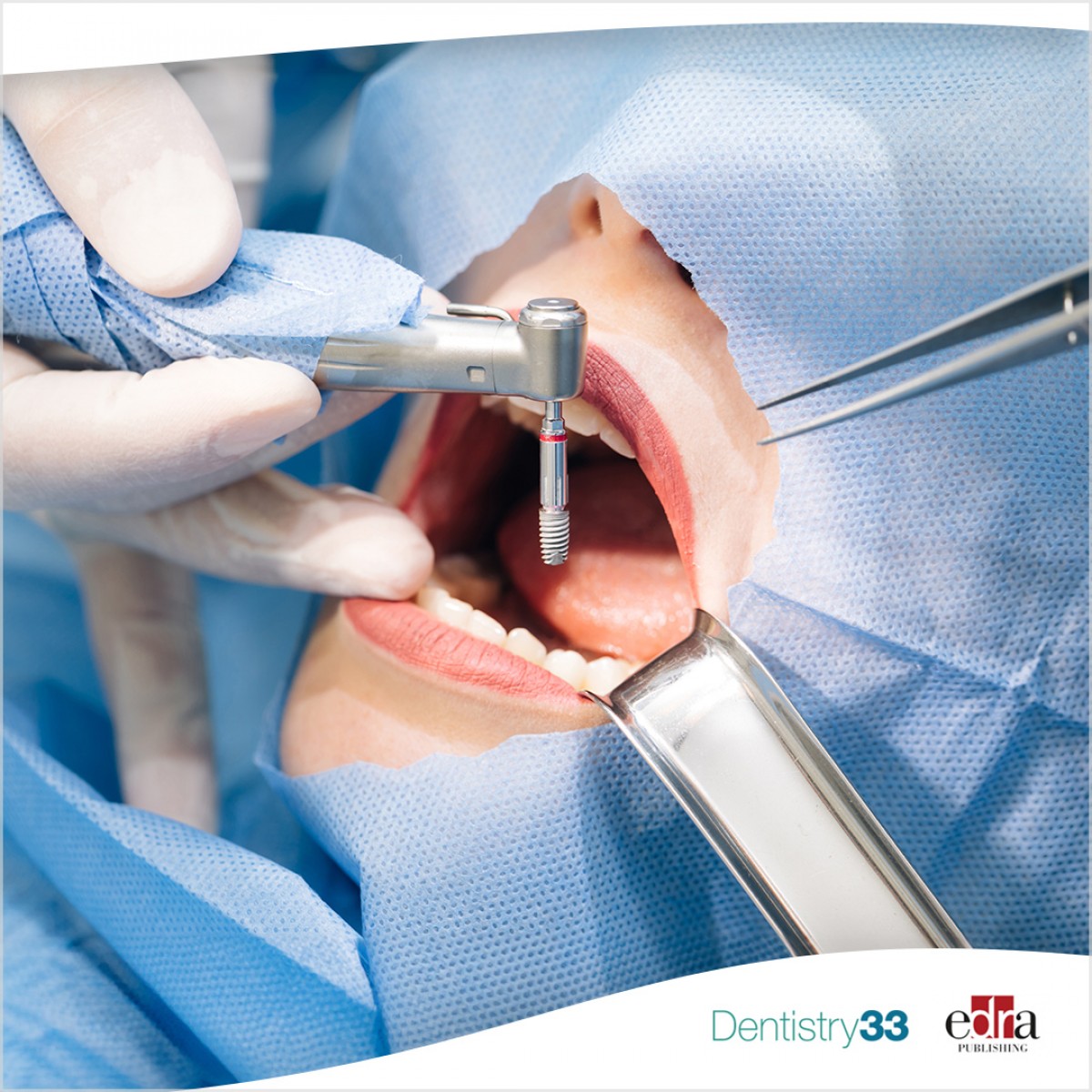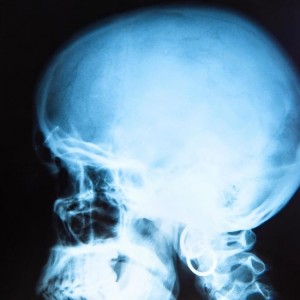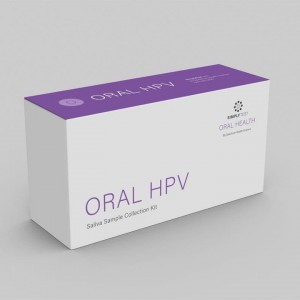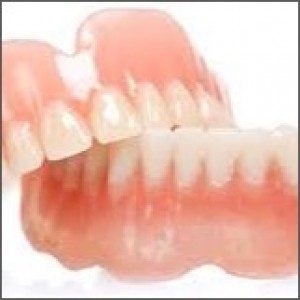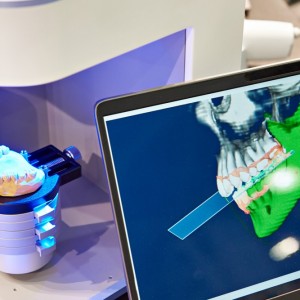
Research finds higher risk of dental caries after bariatric surgery
Those who have had surgical obesity treatment have a higher risk of dental caries than before surgery. They also often experience a general decline in oral health. This has been shown by a thesis from the University of Gothenburg.
The aim of the research was to study the oral health of individuals before and after treatment for severe obesity. The participants had a BMI of 40 or more, or 35 or more in combination with other medical conditions, such as diabetes. Treatment involved either surgery or medical treatment.
Medical treatment includes lifestyle advice, dietary treatment, possible drug treatment, and support with increased physical activity. However, surgery has proven more effective for weight loss, and with a growing obesity epidemic in many parts of the world, more and more people are having surgery.
"Around 5,000 cases of obesity surgery are performed each year in Sweden alone, and the trend is increasing," says Negin Taghat, who has defended her doctoral thesis at the Institute of Odontology at the University of Gothenburg's Sahlgrenska Academy, and who works as a dentist for the Swedish Public Dental Service in Region Västra Götaland. "We were therefore interested in seeing whether there is any change in the oral health of these patients after surgery."
Increased caries risk after surgery
The group of 118 obese individuals followed in the thesis reveals a pattern whereby higher BMI is associated with higher caries risk according to a rising scale. At the highest BMI values, there was a doubled risk of caries and less regular dental care.
Two years after either surgical or medical treatment, a clear division emerged between the groups. Those who had undergone surgery had gone from an average of 15.0 caries lesions on the surface of the tooth enamel to 19.1. Within the group receiving medical treatment, however, enamel lesions had decreased.
Another example relates to deeper caries lesions in the dentine, with an average pre-treatment initial value of 4.3 lesions. Two years after treatment, individuals in the surgery group had an average of 6.4 such lesions while those in the medical treatment group had 4.9.
The associations were statistically significant, even when taking factors such as socioeconomic status and other medical conditions into account.
Important knowledge for health care
"Individuals who have undergone surgical obesity treatment may also experience a variety of oral symptoms and an impact on their oral quality of life," continues Negin. "We saw that almost half of individuals experienced poorer oral health."
Symptoms can include hypersensitive teeth and difficulties with chewing. The situation as a whole can also cause social discomfort.
"Health professionals and dental professionals meet these patient groups in their everyday work. It is extremely important for staff to be aware that oral health can be affected by both obesity and obesity treatment so that preventive measures can be planned."
The group investigated within the thesis is part of the larger BAriatic surgery SUbstitution and Nutrition (BASUN) study, initiated by researchers at Sahlgrenska Academy to compare long-term outcomes of medical and surgical obesity treatment.
Author: University of Gothenburg
Source: https://medicalxpress.com/
 Related articles
Related articles
Editorials 04 November 2025
NIH grant helps ASOD researchers study TMD pain in adolescents
Adams School of Dentistry’s Caroline Sawicki, DDS, PhD, recently received an NIH-NIDCR R03 grant to study personalized treatment for temporomandibular disorder (TMD) pain in adolescents.
Silencing a receptor in prostaglandins reduces pain but allows inflammation to run its course in animal and cellular studies.
Editorials 15 October 2025
The University of Florida College of Dentistry is kicking off National Postdoc Appreciation Week by celebrating a national feature that highlights the success of its own investment in postdoctoral...
Penn Dental Medicine brought together nearly 180 attendees from across the country and around the world for the 7th Penn Periodontal Conference, providing a forum to exchange the latest science in...
Oral pathology 06 October 2025
Assessing the Translation of Research and Innovation into Dental Practice
Over the past 100 y, there have been an unprecedented number of innovations that have improved oral health and functioning.
 Read more
Read more
Much like EMTs rushing to the scene after an accident, stem cells hurry to the site of a skull fracture to start mending the damage. A new finding has uncovered the signaling mechanism that triggers...
Products 05 November 2025
SimplyTest has launched a groundbreaking saliva-based test to detect high-risk strains of oral human papillomavirus (HPV), a major cause of oropharyngeal cancers.
News 05 November 2025
Perimetrics, Inc., a dental technology company pioneering quantitative diagnostics, announced today that the U.S. Food and Drug Administration (FDA) has granted clearance for the InnerView...
News 05 November 2025
On October 15, open enrollment for Medicare began nationwide. Hundreds of thousands of seniors in New Jersey will once again face the challenge of finding the right Medicare coverage, including the...
Digital Dentistry 04 November 2025
Digitalisation is an expanding field in dentistry and implementation of digital teaching methods in dental education is an essential part of modern education.


